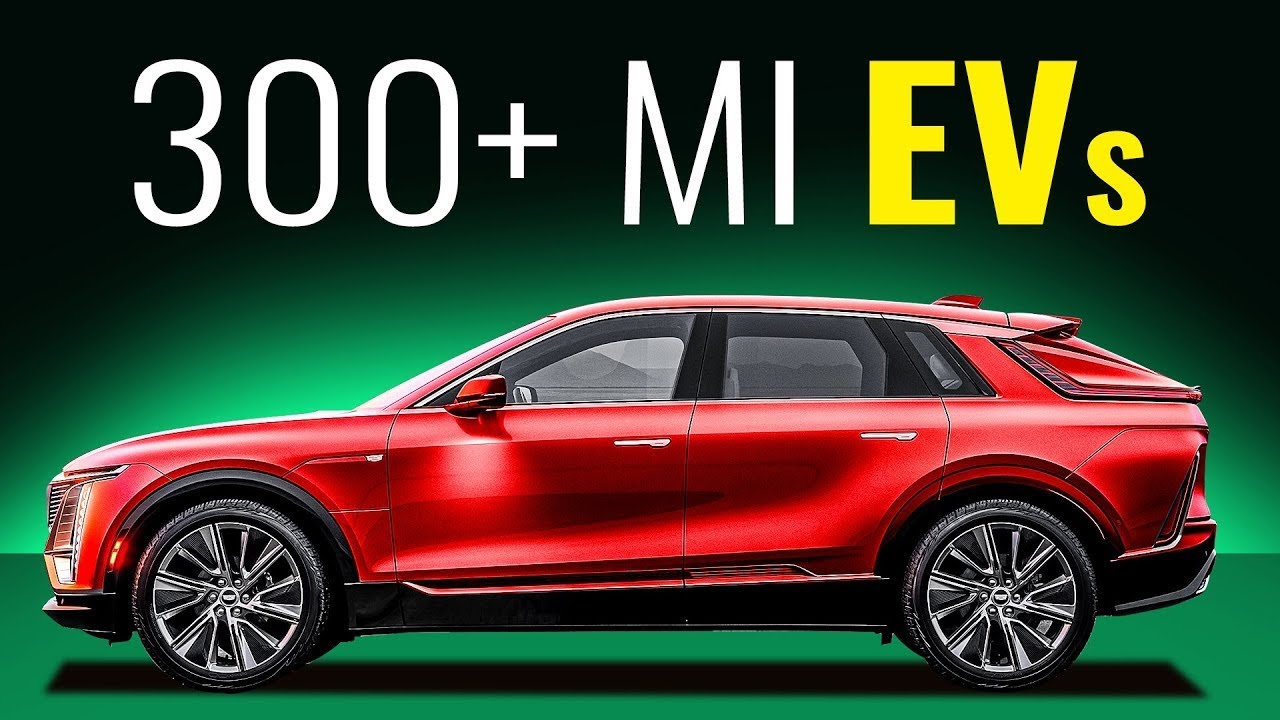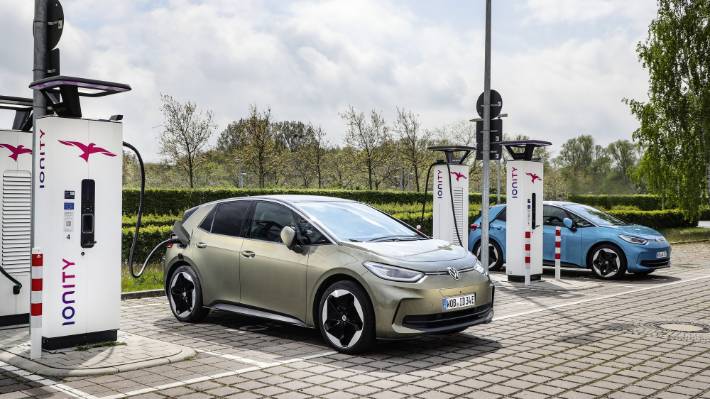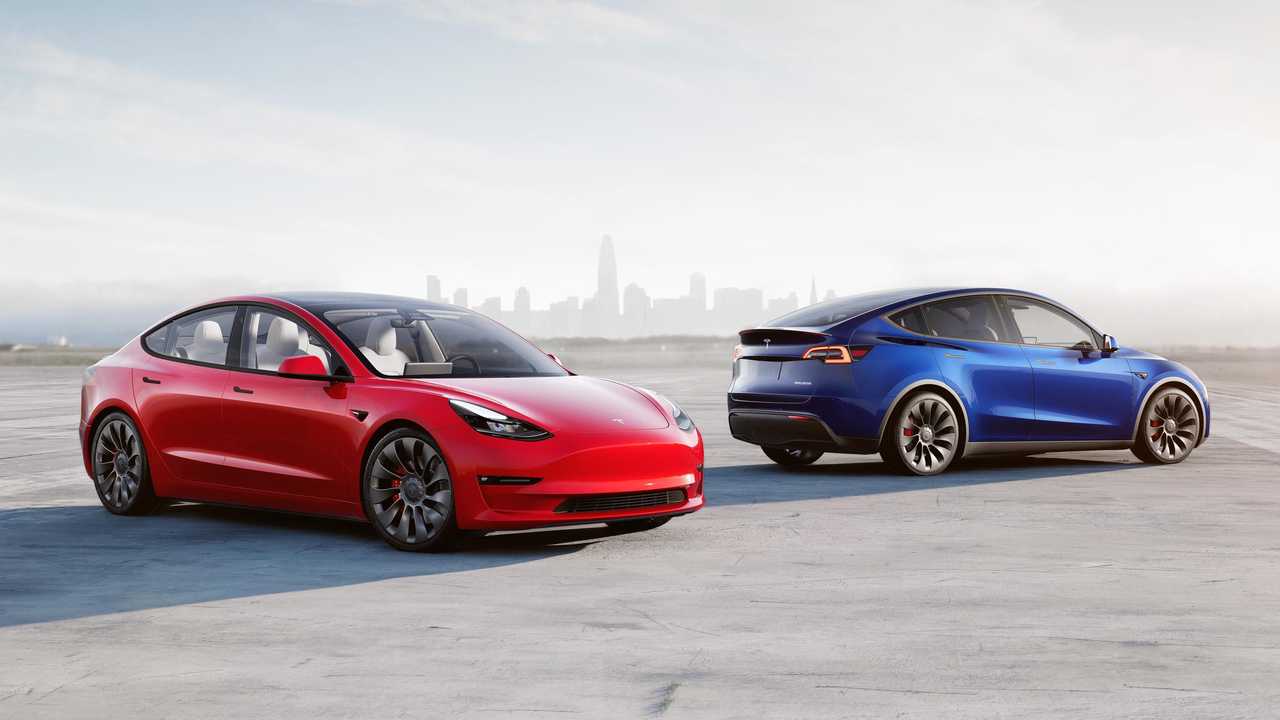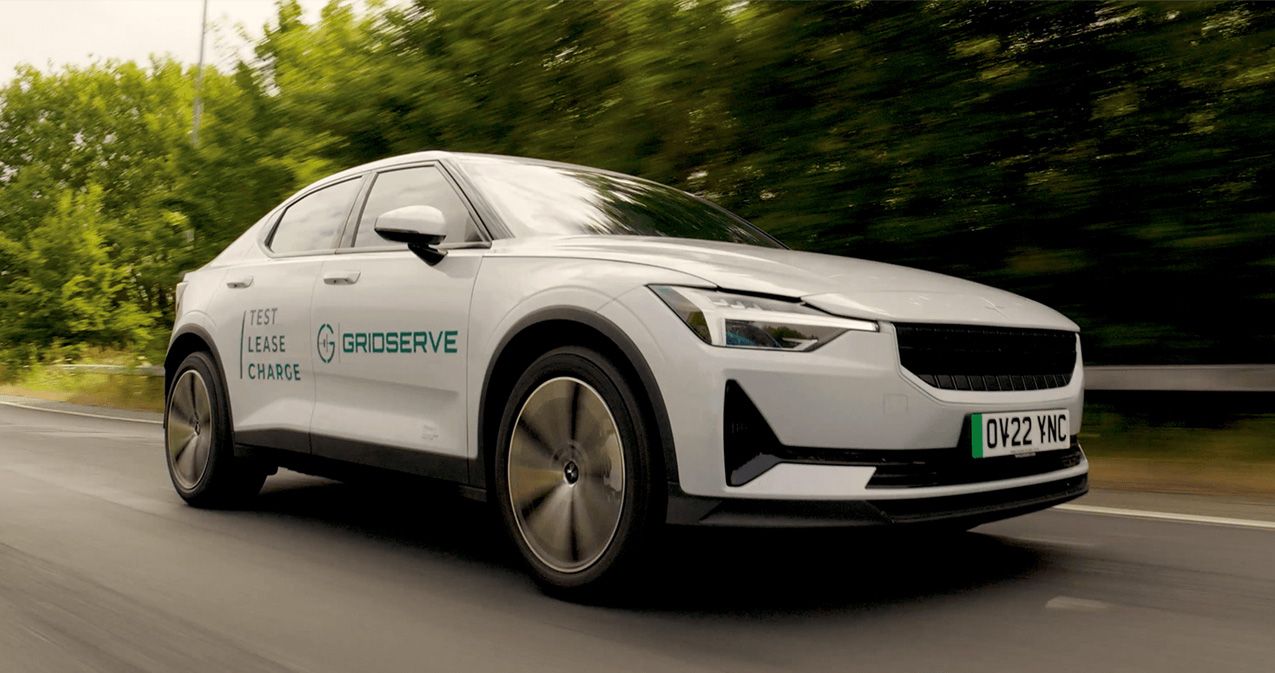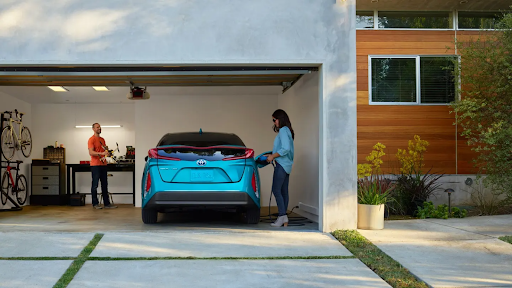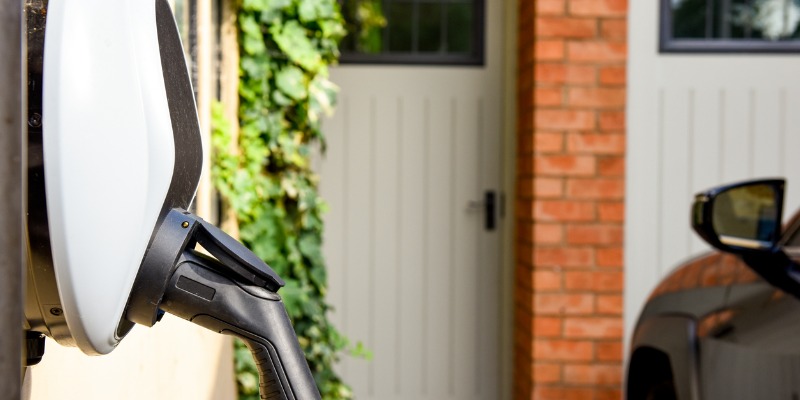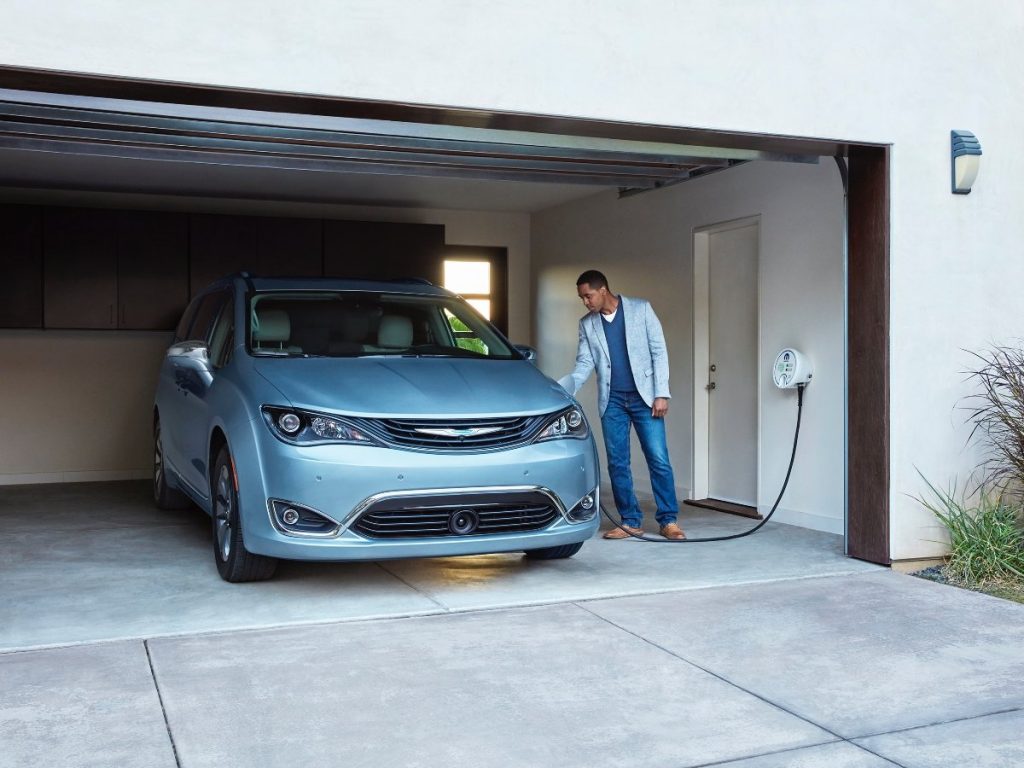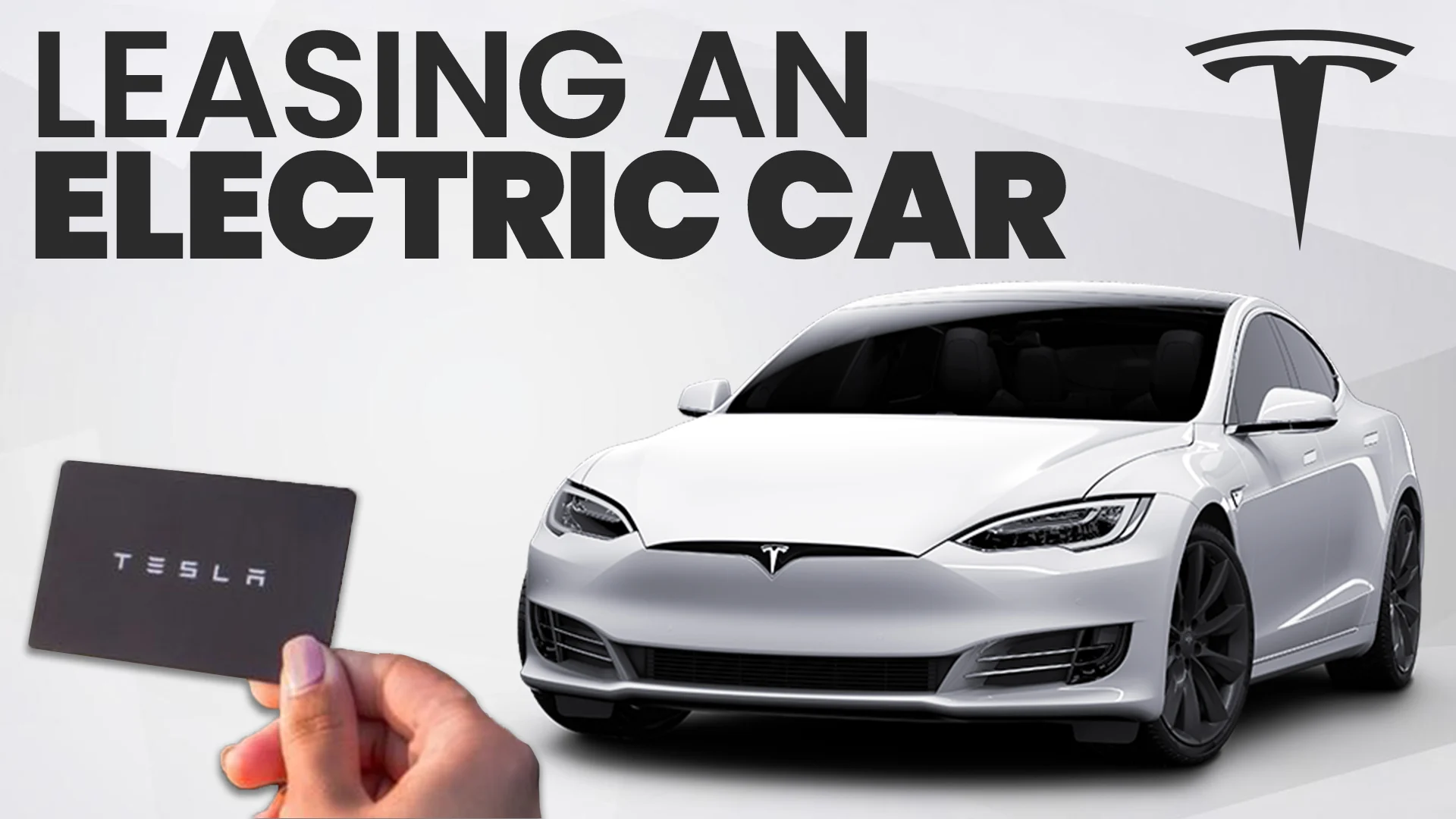In a world that’s increasingly conscious of environmental issues and the need for sustainable transportation options, electric cars have emerged as a game-changer. These eco-friendly vehicles offer numerous benefits that make them a compelling choice for those looking to reduce their carbon footprint while enjoying a more efficient and cost-effective driving experience. In this article, we’ll delve into the “10 Reasons Why Electric Cars Are Good” to shed light on the advantages that these innovative vehicles bring to the table.
1. Environmental Sustainability
One of the primary reasons why electric cars are good is their contribution to environmental sustainability. By running on electricity, they produce zero tailpipe emissions, reducing air pollution and helping combat climate change.
2. Cost-Efficiency
Electric cars are more cost-efficient in the long run. While they may have a higher upfront price, their lower operational costs, including reduced fuel and maintenance expenses, can lead to significant savings over time.
3. Energy Independence
Switching to electric cars reduces dependence on fossil fuels, which are finite resources and subject to price fluctuations. By using electricity, you become less reliant on oil, ensuring energy independence.
4. Lower Operating Costs
Electric cars have fewer moving parts than traditional gasoline vehicles, resulting in reduced maintenance requirements and, consequently, lower operating costs.
5. Quiet and Smooth Driving
Electric cars are known for their quiet and smooth driving experience. The absence of a noisy internal combustion engine enhances comfort and minimizes noise pollution.
6. Government Incentives
Many governments around the world offer incentives and subsidies to encourage the adoption of electric vehicles. These incentives can include tax credits, rebates, and access to carpool lanes.
7. Reduced Carbon Footprint
Electric cars produce fewer greenhouse gas emissions compared to their gasoline counterparts. This means a smaller carbon footprint for each mile driven, contributing to a cleaner environment.
8. Convenient Charging
Charging an electric car can be as simple as plugging it into a regular household outlet. Additionally, the availability of fast-charging stations is increasing, making long-distance travel easier and more convenient.
9. High-Quality Performance
Electric cars are known for their instant torque and acceleration, providing a fun and dynamic driving experience. Many electric cars boast impressive performance figures that rival traditional sports cars.
10. Technological Advancements
The electric vehicle industry is continuously evolving and innovating. As technology advances, electric cars are becoming more accessible, with improved range, charging times, and features. Investing in an electric car means staying at the forefront of automotive technology.
In conclusion, electric cars are not just a trendy choice; they are a responsible and practical option for individuals and the planet. The “10 Reasons Why Electric Cars Are Good” listed above highlight the numerous advantages of making the switch to electric vehicles. From environmental sustainability to cost-efficiency and technological advancements, electric cars are a win-win for both drivers and the world.
So, if you’re considering your next car purchase, keep these compelling reasons in mind and explore the electric car options available in the market today.

